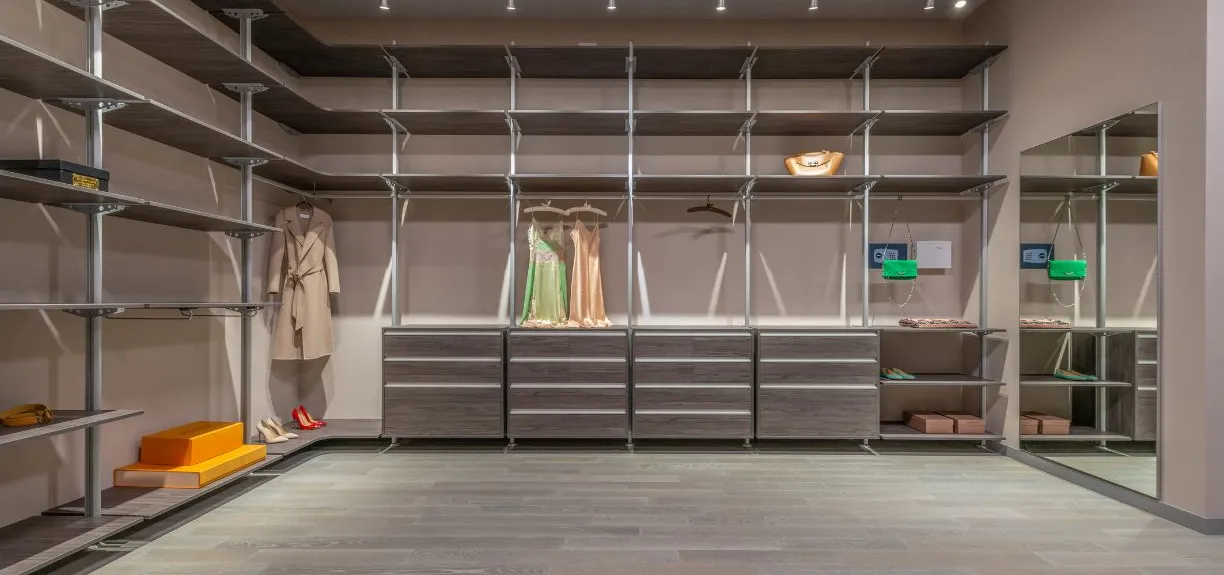When loved ones reach a stage in life where they need extra care, finding a supportive environment that enhances their quality of living becomes essential. Care homes provide a crucial service in this regard, offering tailored assistance, companionship, and a nurturing space for residents. This blog explores how care homes contribute to a better quality of life for those in need.
Contents
What Are Care Homes?
Care homes, sometimes called residential care facilities, are places where individuals can live and receive assistance with daily tasks. These homes offer different levels of care depending on the needs of each resident. Whether someone requires minimal assistance or more complex medical attention, care homes are designed to be safe, comfortable environments that promote well-being and a sense of belonging. Vale View Heights care home in Sidmouth exemplifies the commitment to personalized care and community engagement that enhances the quality of life for its residents.
Individualized Care and Attention
A key benefit of care homes is the personalized care that each resident receives. Professional staff create care plans based on the unique needs of each individual, ensuring that both physical and emotional health are addressed. This customized care helps residents maintain as much independence as possible while ensuring their overall safety and well-being.
Social Engagement and Community Life
A lack of social interaction can negatively impact mental health, especially for older people. Care homes foster community by providing numerous opportunities for residents to engage with others. Activities such as group outings, games, and shared meals encourage social interaction and help combat loneliness. These social opportunities contribute to a happier, more fulfilling life for residents.
Access to Health Services
Care homes often have healthcare professionals available to provide medical care when needed. This can include regular health check-ups, medication management, and support for those with chronic conditions. By having healthcare professionals on-site, residents can get timely medical attention, reducing the need for hospital visits and improving overall health outcomes.
Nutrition and Healthy Eating
Good nutrition is essential to maintaining a healthy lifestyle, especially for older adults. Care homes ensure that residents are provided with balanced meals that meet their dietary needs. Many homes work with dietitians to create meal plans that offer the necessary nutrients. Meals are also an opportunity for residents to socialize, as they often eat together in a communal setting, which further enhances their overall well-being.
Safe and Secure Living
Safety is a priority in care homes. The design of the facilities includes features like handrails, emergency systems, and secure entrances to ensure residents are safe. Staff are trained to handle emergencies and provide quick assistance, giving families peace of mind that their loved ones are in a secure environment.
Encouraging Independence
Although care homes offer vital support, they also promote residents’ independence as much as possible. Many facilities offer opportunities for residents to take part in decision-making, from choosing meals to participating in activities they enjoy. This balance of support and independence helps residents maintain confidence and a sense of control over their lives.
Conclusion
Care homes play an essential role in improving the quality of life for people who need additional care. By providing personalized care, promoting social engagement, and prioritizing safety and well-being, care homes offer a supportive environment where residents can enjoy a fulfilling life. For families looking to ensure the best for their loved ones, care homes represent a reliable choice for improving both care and overall quality of life.









